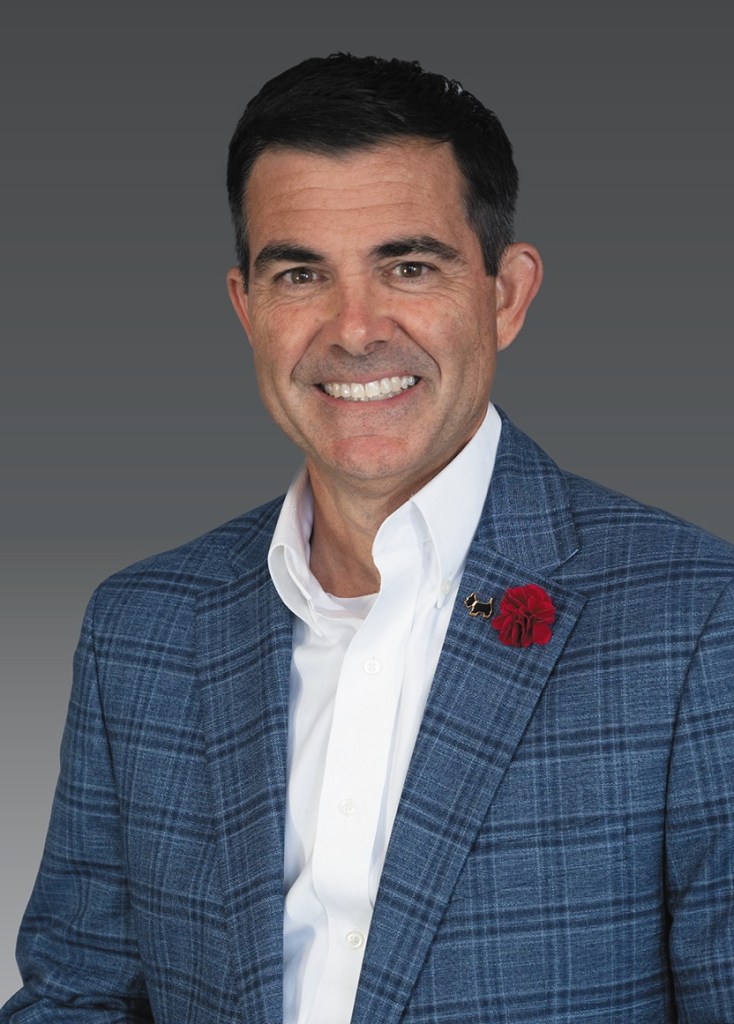Insurance Regulation Goes Global
By: Mike Miley
Insurance regulation in our country has a lengthy and largely successful track record, and its merits are certainly clear in the wake of the recent international financial crisis. The insurance industry weathered this monumental storm with remarkable success while large institutions in other financial sectors faced significant challenges, often closed their doors or accepted significant government assistance. While our regulatory system can still be improved (see the agent licensing process as an example), it is evident that U.S. insurance regulation with its justified focus on financial and solvency oversight and consumer protection works well.
At the same time, however, it is clear that we operate in a global environment. During my travels, every insurance commissioner has brought up the issue of international insurance and regulation. Many large insurers—including companies that are household names in this country—now operate on the international stage, and marketing and selling products in other parts of the world is an integral part of their business and growth plans.
While insurers are more directly impacted by what happens on the international scene, agents and brokers, and our markets, are being influenced more every day by international trends, proposals, laws and regulations. The Big “I” recognizes the value of greater international coordination, cooperation and information sharing.
We have long been active in state and federal advocacy and public affairs, and that focus on public policy now extends to the international level. One of the ways that the Big “I” remains engaged is through its participation in the World Federation of Insurance Intermediaries (WFII).
WFII, formed in 1999 and based in Brussels, represents agents and brokers from more than 80 countries. The organization facilitates the exchange of information among the Big “I” and its counterpart organizations and represents agents and brokers before the increasing number of international organizations that affect our business. The Big “I” plays an active role in the direction of the organization, and I have the honor of currently serving on the board of directors (known as the “World Council”).
I was recently reminded of the increasing relevance of events on the international stage by the appointment of a longtime NAIC staffer as deputy secretary general of the International Association of Insurance Supervisors (IAIS). Many agents are probably unaware of the IAIS or the role that it plays, but the organization represents the insurance regulators from nearly 140 countries (constituting 97% of the world’s insurance premiums) and is the global version of the National Association of Insurance Commissioners.
Over the years, the IAIS has developed a series of insurance core principles (ICP) that provide guidance and proposed standards to insurance regulators. These guiding documents are used by the World Bank and International Monetary Fund in their assessments of the regulatory systems in various countries, and, although they are not mandatory or binding on IAIS members (including the U.S.), they are taking on an increasingly prominent role internationally and could help determine what regulation in some countries looks like.
While many of the IAIS standards are broad and principles-based in nature, others are prescriptive and unnecessarily onerous and some have particular relevance to insurance agents and brokers. One of the newly proposed standards addresses disclosure by agents. Specifically, the proposal calls on all insurance regulators to require insurance agents “to disclose, at a minimum, (1) the terms and conditions of business between themselves and the customer, (2) the relationship they have with insurers with whom they deal and (3) information on the basis on which they are remunerated where a potential conflict of interest exists.” The adoption of this standard is an example of a proposal developed by an international regulator organization that should not be pursued by American insurance regulators.
The increasing importance of international insurance matters was also on display during the development and enactment of the Dodd-Frank Act last summer. The new law authorized the establishment of the new Federal Insurance Office (FIO), and it is clear that Congress intended for FIO to play an important role in international insurance affairs.
The Act empowers FIO to (1) coordinate federal efforts and develop federal policy on international insurance matters, (2) represent the United States before the IAIS, (3) assist in the negotiation of international insurance agreements and (4) consult with state officials on international matters. The initial FIO director—former Illinois Insurance Director Mike McRaith—is now in place, and insurance observers will be watching the role he plays in international affairs.
As the effect of international events on our members continues to increase, the Big “I” is engaged and well-positioned to serve the interests of U.S. agents and brokers in the global arena. But decisions about the United States insurance marketplace and regulatory system must ultimately be motivated by what is in the best interest of our own country. We should be willing to examine and learn from the practices and principles that our international counterparts adhere to, but we should not embrace or implement them unless they serve our own needs.
—Mike Miley, Big “I” chairman









